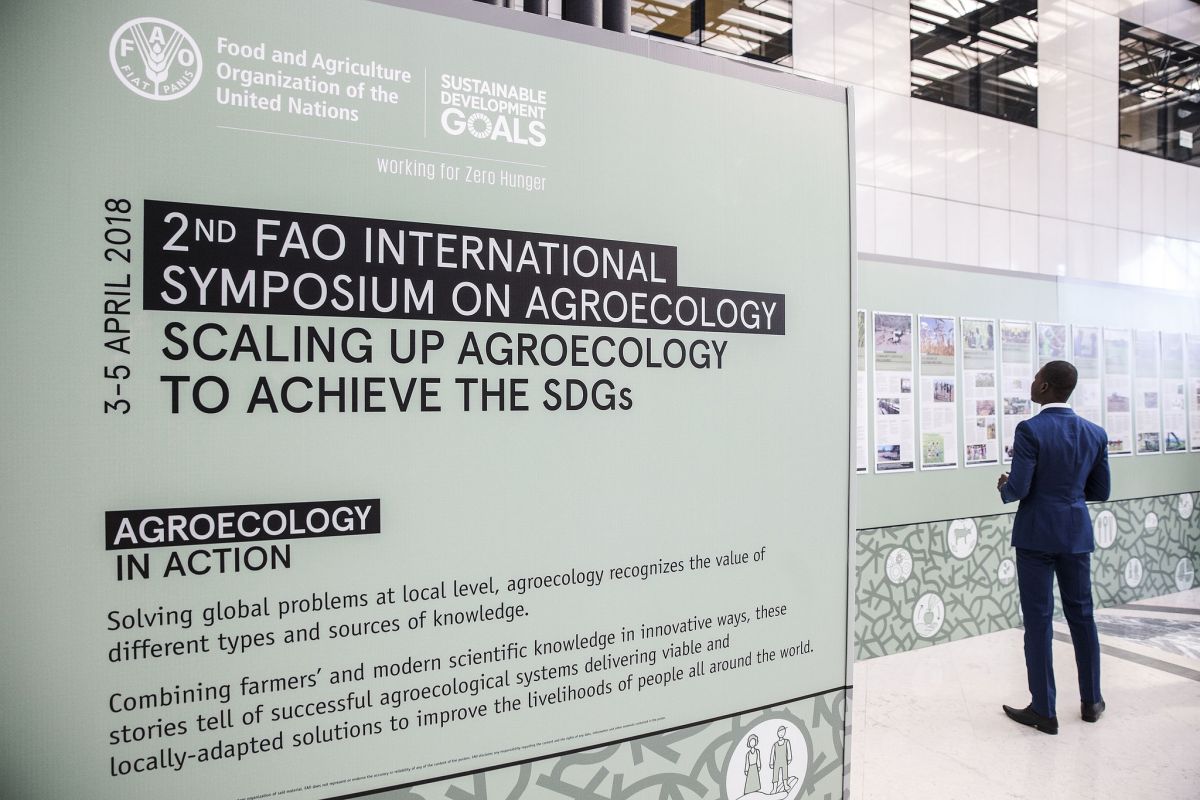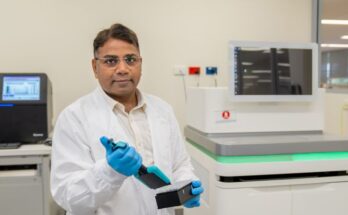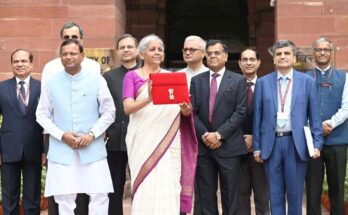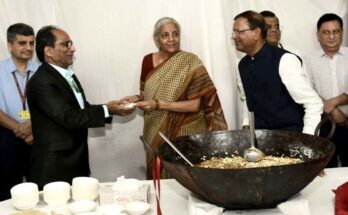April 3, 2018, Rome: FAO Director-General José Graziano da Silva called for healthier and more sustainable food systems, and said agroecology can contribute to such a transformation. José Graziano da Silva made the call during his opening remarks at the 2nd International Agroecology Symposium in Rome today.
He said that most food production has been based on high-input and resource-intensive farming systems at a high cost to the environment, and as a result, soil, forests, water, air quality and biodiversity continue to degrade. The focus on increasing production at any cost has not been sufficient to eradicate hunger “and we are seeing a global epidemic of obesity,” he added.
“We need to promote a transformative change in the way that we produce and consume food. We need to put forward sustainable food systems that offer healthy and nutritious food, and also preserve the environment. Agroecology can offer several contributions to this process,” Graziano da Silva said.
Combining traditional and scientific knowledge, agroecology applies ecological and social approaches to agricultural systems, focusing on the rich interactions between plants, animals, humans and the environment.
Graziano da Silva urged national policy makers to provide greater support for agroecology. “To move forward, we need the engagement of more governments and policy makers around the world,” he said.
“Transforming food systems to be sustainable means making changes that are at once economic, social and cultural,” said Gilbert F. Houngbo, the President of the International Fund for Agricultural Development (IFAD). “This is why IFAD-supported projects take a holistic approach, backing investment with policy support, knowledge and training activities. Because diversified production has to mesh with diversified diets and be accepted by nutrition- and climate-conscious consumers.”
Stéphane Le Foll, a former French Agriculture Minister, gave the Key Note Address. He urged dialogue and action to create a new “doubly green revolution” in agricultural production based on nature, local knowledge, and science. “We are at a watershed in the history of mankind and it is up to us to make our choices – major choices – which will be essential to our collective future,” he said.
Global dialogue
The three-day Symposium brought together 700 policy-makers, agroecology practitioners, academics, and representatives from government, civil society, the private sector and UN agencies to discuss key elements and actions to support scaling up agroecology. The symposium will focus on identifying needs, challenges and opportunities to promote agroecology policies, practices and investments.
On the final day, the Scaling-Up Initiative will be launched. It aims to encourage more inclusive and holistic agroecology transition processes through tools, knowledge and policy processes for transformation of food and agricultural systems.
Path to sustainable development
One example of agroecology in action is an ecosystem engineered by Chinese farmers that sees leaves from mulberry trees fed to silkworms whose bodily waste is then fed to fish. The organic material in the fish pond sludge is then used as fertiliser for the mulberry trees, thus completing a virtuous production circle. For centuries this system has also supported ancillary businesses such as the manufacture of silk.
Agroecology can safeguard natural resources and biodiversity, as well as promote adaptation to and mitigation of climate change. It can also improve the resilience of family farmers, especially in developing countries where hunger is concentrated. It can contribute to the production and consumption of healthy and nutritious food, and boost local economies and markets. These multiple benefits make agroecology an important path for meeting the 2030 Agenda and addressing interlinked challenges.
Knowledge and innovation to drive change
Investing in knowledge and innovation is key to realising agroecology’s full potential. The Symposium includes an exhibition highlighting innovations in agroecology from around the world. A team of Spanish scientists are exhibiting CONECT-e which is an online platform designed for farmers and others to record and share traditional ecological knowledge with scientists.
A Ghanaian exhibit highlights a farmer-led project supported by ActionAid that promotes women’s access to agricultural extension services with a focus on promoting agroecology. The project has resulted in smallholder women farmers increasing their agricultural production through agroecology with less dependence on external inputs such as herbicides.
Building momentum
The first Agroecology Symposium was held at FAO in 2014 and since then regional meetings have been held in Latin America, Sub-Saharan Africa, Europe, Central Asia and Asia and the Pacific. In the last four years, more than 1,400 participants from 170 countries have been involved in this global effort to discuss and highlight the importance and potential of agroecology.
Agroecology can help change the world’s food production




